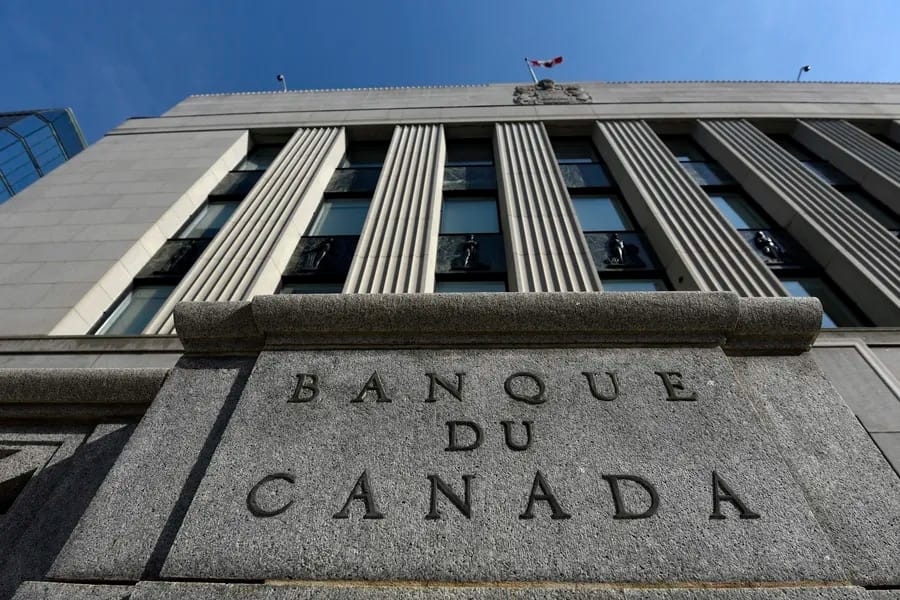The Bank of Canada is expected to raise interest rates to a 15-year high on Wednesday in the face of a tight job market and above-target inflation, but economists say the move could be the last in the current tightening cycle.
A Reuters poll of economists shows that Canada's central bank will hike its benchmark rate by a quarter of a percentage point to 4.50%, its highest level since December 2007, when the decision is released at 10 a.m. EST (1500 GMT).
This week's meeting will be significant as the BoC will offer minutes from the policy-setting session for the first time. They will be published on Feb 8.
Money markets see a roughly 70% chance of a 25-basis-point move and expect the policy rate to peak at 4.50%.
"An unexpected surge in employment in December and a decline in the unemployment rate to a near record low of 5% is the main reason we expect the BoC to follow through with one final rate hike," Royal Bank of Canada economists, including Nathan Janzen, said in a note.
Economists expect the BoC to leave the door open to further tightening should upcoming data show price pressures persisting and push back against market expectations for interest rate cuts in the second half of the year.
The BoC has said it wants to slow an overheated economy without causing a deep recession, but that taming inflation is still its priority.
Inflation cooled to an annual rate of 6.3% in December, its lowest since February, while economists' estimates show that more timely, three-month rates of core inflation have eased in recent months but remain above the BoC's 2% target.
"The small improvements are an encouraging sign that peak inflation is behind us, but aren't anywhere close to slow enough to have the BoC breathing easy," Benjamin Reitzes, Canadian rates and macro strategist at BMO Capital Markets, said in a note.
Economic projections on Wednesday are expected to show an upgrade to the central bank's forecast of annualized growth of 0.5% in the fourth quarter of 2022, but not much change to its forecast of 0.9% growth for 2023. The economy is estimated to have grown at a 3.3% pace last year.
The dilemma for the BoC is that realized data shows that the economy "remains remarkably resilient in the face of significantly tighter monetary policy, while the forward-looking survey data hints loudly at a slowdown to come," TD Securities strategists, including Andrew Kelvin, said in a note.











